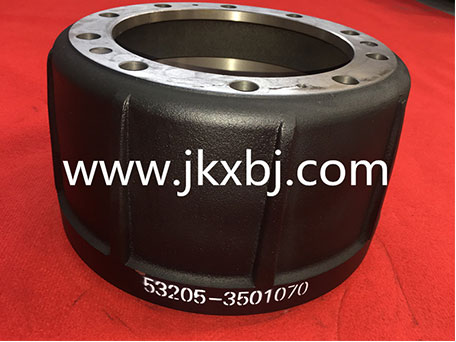

Self-Adjusting Screws for Optimal Performance and Easy Installation Solutions
Nov . 27, 2024 09:29 Back to list
Self-Adjusting Screws for Optimal Performance and Easy Installation Solutions
The Evolution and Benefits of Self-Fixing Screws
In the increasingly complex world of fasteners, where efficiency and reliability are paramount, self-fixing screws have emerged as a game-changer in various industries. These innovative screws exhibit remarkable features that enhance their usability, reduce the time required for assembly, and improve overall structural integrity. Understanding the mechanics and advantages of self-fixing screws can illuminate their significance in modern engineering and construction.
What are Self-Fixing Screws?
Self-fixing screws, also known as self-locking or self-tightening screws, utilize unique design elements that allow them to secure themselves within a substrate without the need for additional locking mechanisms. Typically, they consist of threads designed to create a frictional force that prevents the screw from loosening over time, thus addressing a common issue encountered with traditional screws. They often integrate features such as nylon patches, grooves, or specialized threading that engages with the material, ensuring a tight fit even under dynamic loads.
Advantages of Self-Fixing Screws
1. Time Efficiency One of the most significant benefits of self-fixing screws is the reduction in assembly time. Traditional screws often require additional components, such as washers and locking nuts, to prevent loosening. Self-fixing screws eliminate the need for these extra parts, making the assembly process quicker and more straightforward. This efficiency is particularly beneficial in high-volume production settings, where even minor time savings can translate into substantial cost reductions.
2. Enhanced Reliability The self-locking technology reduces the risk of screw loosening due to vibration, thermal expansion, or other environmental factors. In sectors such as automotive and aerospace, where safety is paramount, the reliability of fasteners can be critical. Self-fixing screws help mitigate the risk of structural failure, leading to enhanced overall product safety.
self fixing screws

3. Cost-Effectiveness By streamlining the assembly process and reducing the number of components needed, self-fixing screws can significantly lower manufacturing costs. This reduction not only applies to labor but also to material expenses associated with additional locking devices. Over time, the savings can contribute to improved profit margins for manufacturers and reduced costs for consumers.
4. Versatile Applications Self-fixing screws find applications across various fields, including construction, automotive, machinery, and electronics. Their ability to secure components in high-stress environments makes them suitable for diverse applications. For instance, in automotive manufacturing, these screws can be used to secure engine components, while in the electronics industry, they efficiently fasten circuit boards.
5. Environmental Resistance Many self-fixing screws are designed to withstand harsh environments, including exposure to chemicals, moisture, and temperature fluctuations. Their materials and coatings are often tailored to resist corrosion and wear, ensuring longevity and durability, which is particularly advantageous for outdoor or industrial applications.
Challenges and Considerations
Despite their many advantages, the implementation of self-fixing screws is not without challenges. Engineers and designers must ensure compatibility between the screw design and the materials being used. Each application may require specific threading and material properties to optimize the benefits fully. Additionally, while self-fixing screws can reduce the risk of loosening, they are not entirely foolproof—proper consideration of load conditions and environmental factors is still necessary to achieve optimal performance.
Conclusion
Self-fixing screws represent a significant advancement in fastening technology, addressing many of the common challenges associated with traditional screws. With their ability to enhance efficiency, reliability, and cost-effectiveness, they are becoming increasingly popular in various industries. As technology continues to evolve, it is likely that we will see even more innovative solutions emerging within the realm of fasteners, making self-fixing screws a vital component of future engineering endeavors. Embracing these advancements will not only lead to better products but also contribute to safer and more efficient industrial practices worldwide.
Latest news
-
High-Strength Hot Dip Galvanized Bolts - Hebei Longze | Corrosion Resistance, Customization
NewsJul.30,2025
-
Hot Dip Galvanized Bolts-Hebei Longze|Corrosion Resistance&High Strength
NewsJul.30,2025
-
High-Strength Hot-Dip Galvanized Bolts-Hebei Longze|Corrosion Resistance&High Strength
NewsJul.30,2025
-
Hot Dip Galvanized Bolts-Hebei Longze|Corrosion Resistance&High Strength
NewsJul.30,2025
-
Hot Dip Galvanized Bolts - Hebei Longze | Corrosion Resistance, High Strength
NewsJul.30,2025
-
High-Strength Hot Dip Galvanized Bolts-Hebei Longze|Corrosion Resistance, Grade 8.8
NewsJul.30,2025

